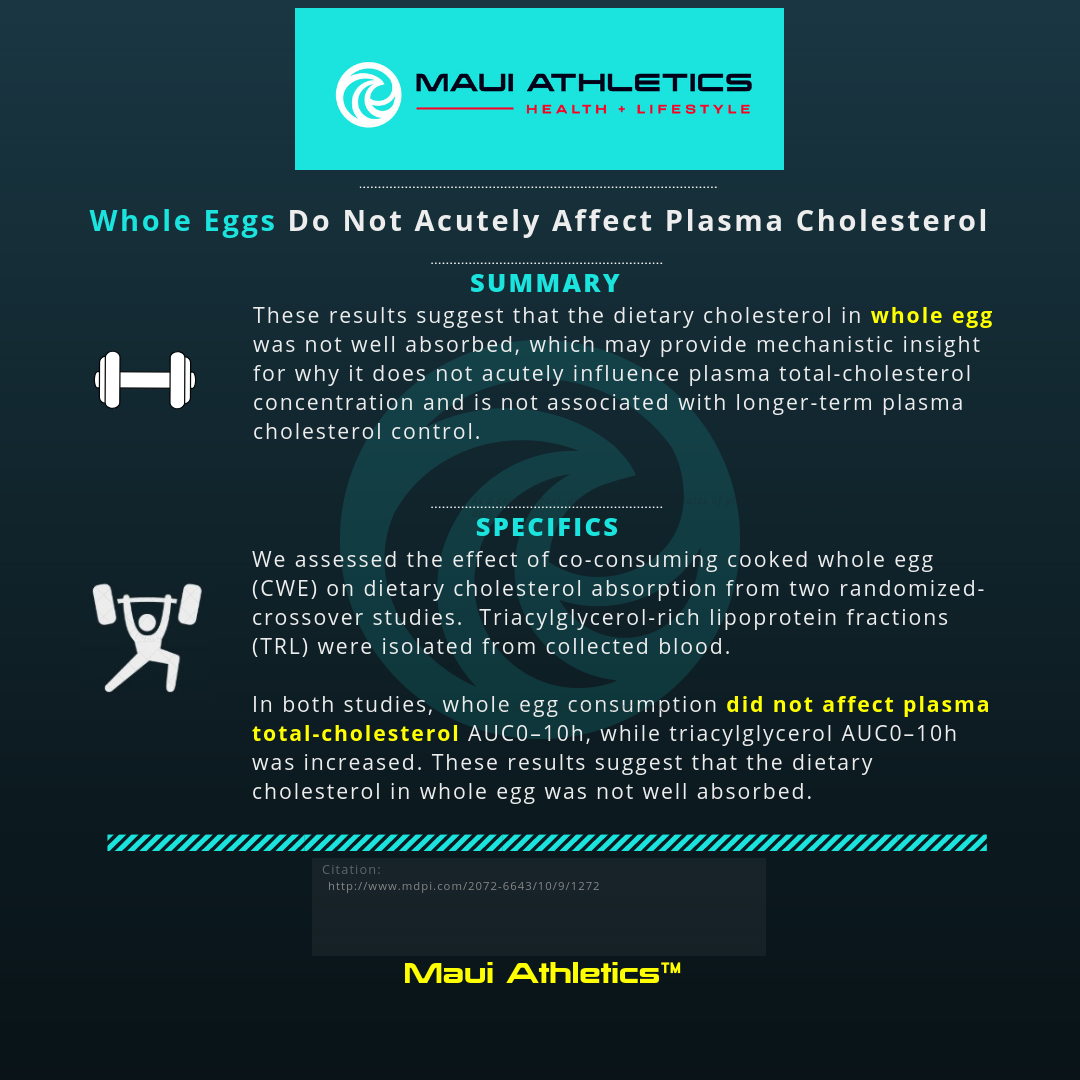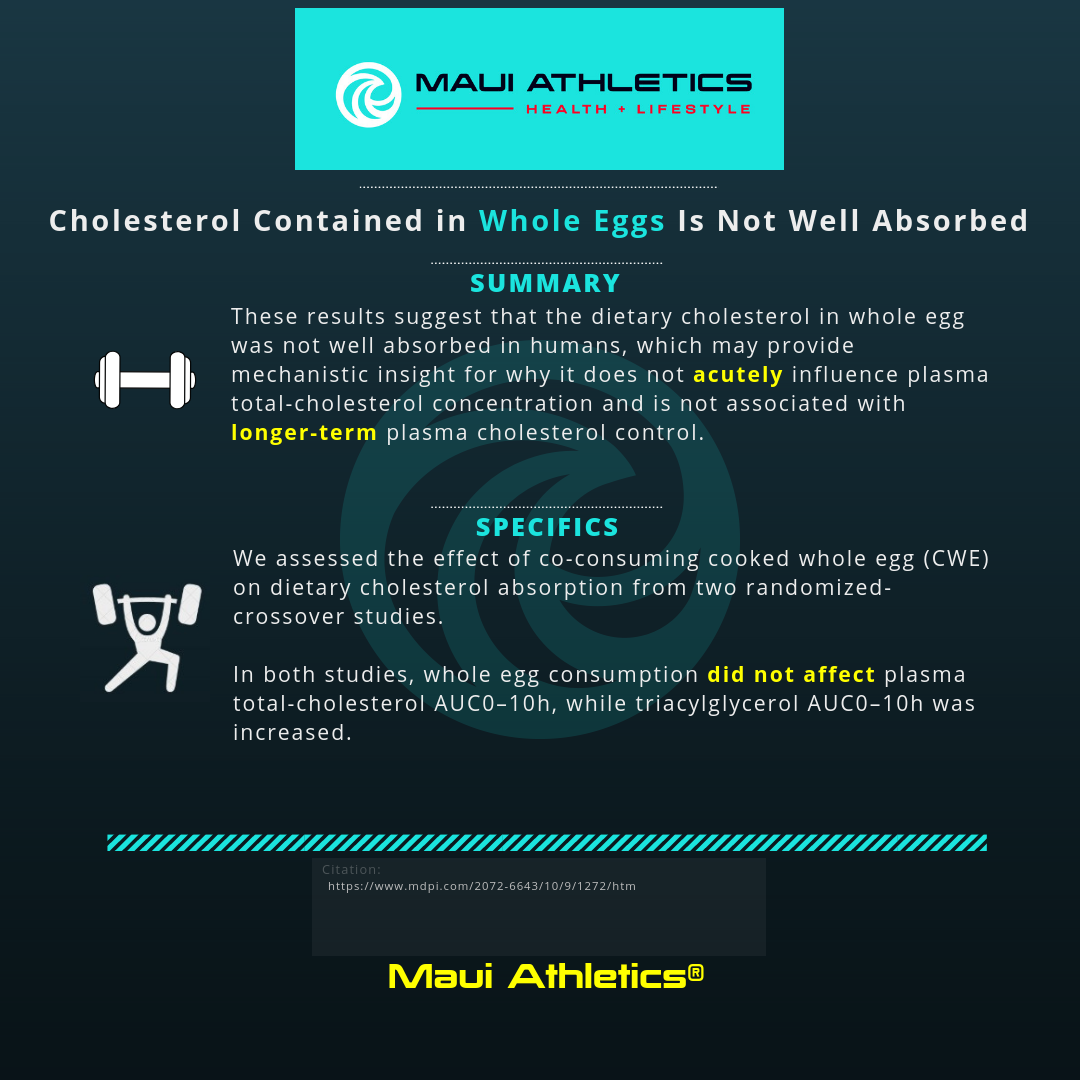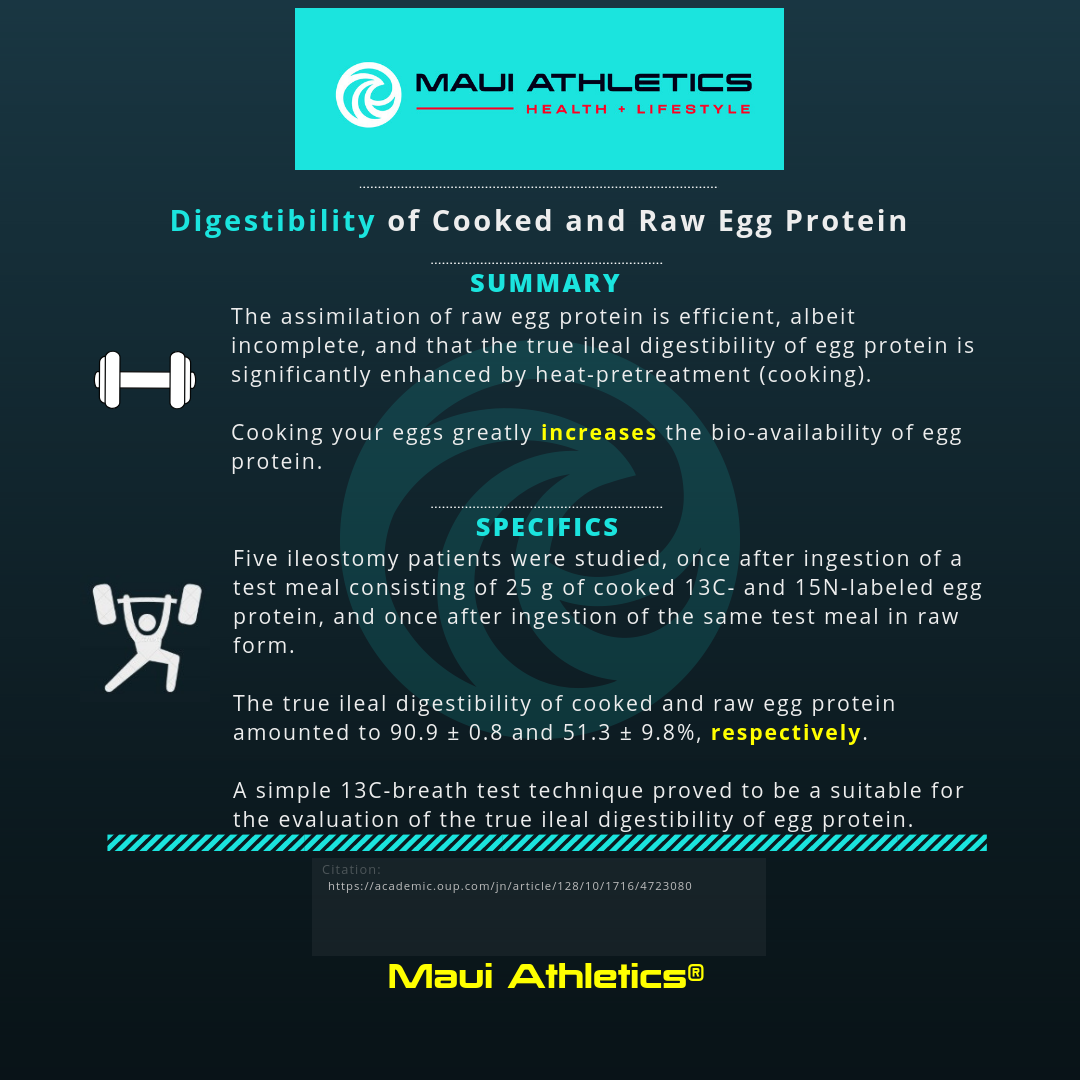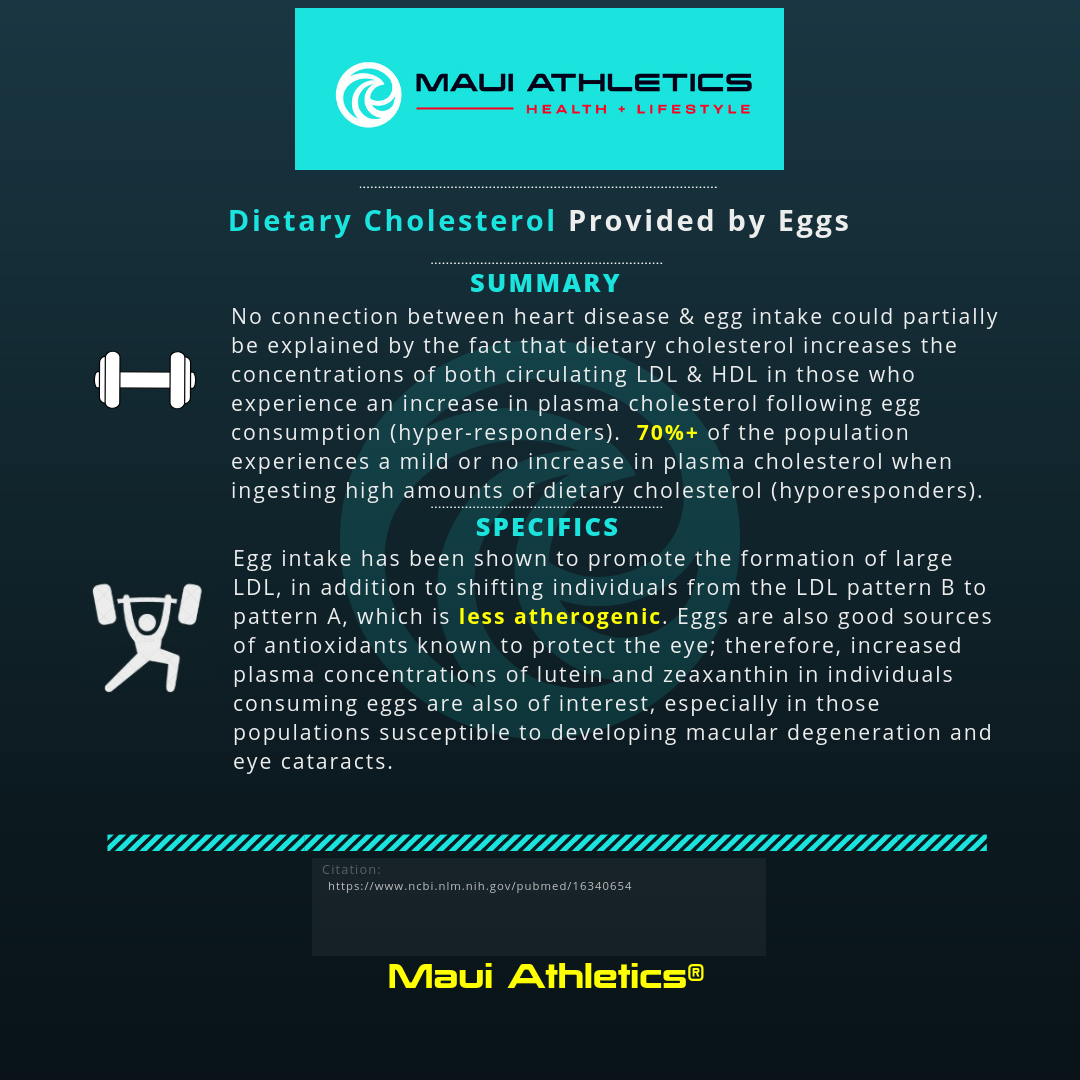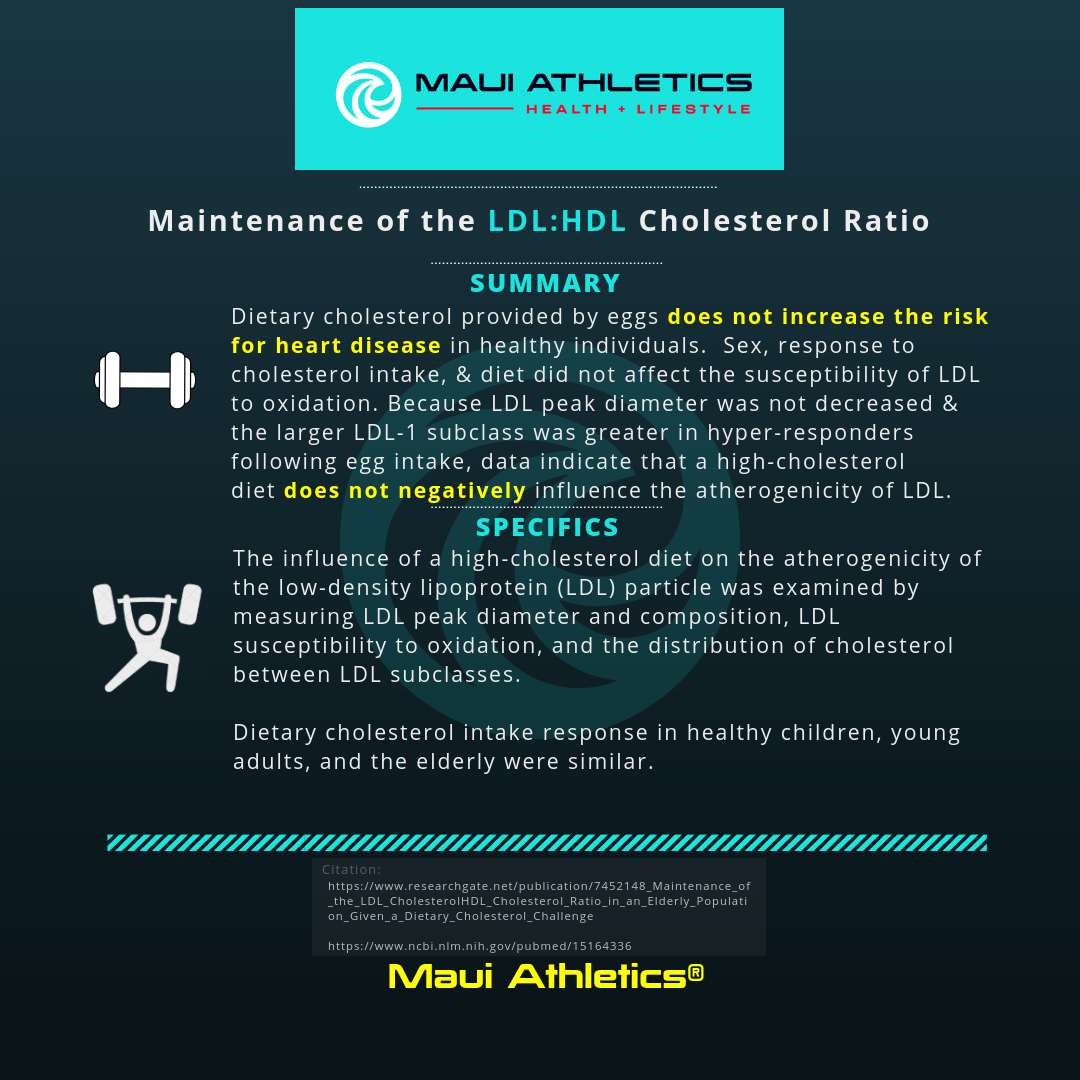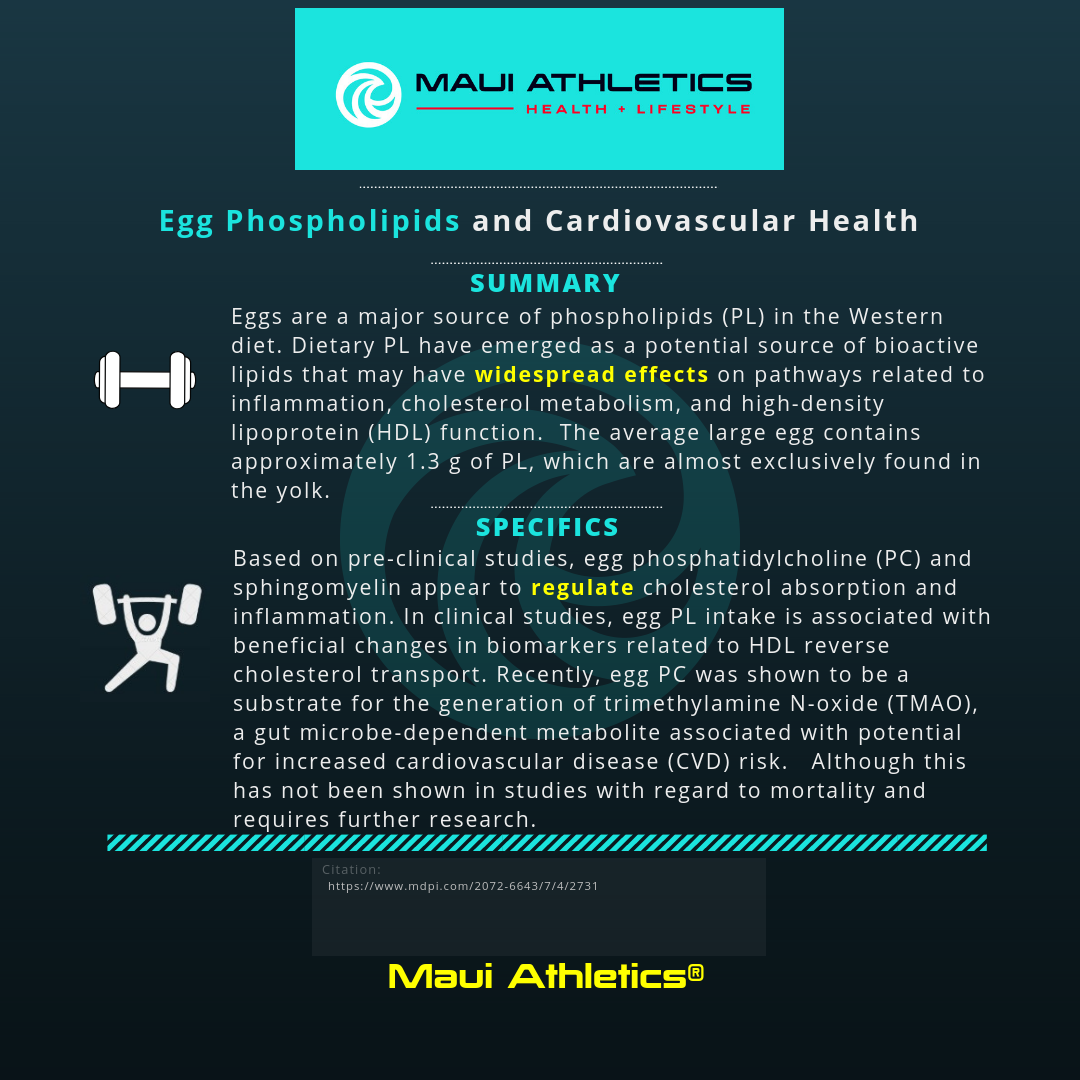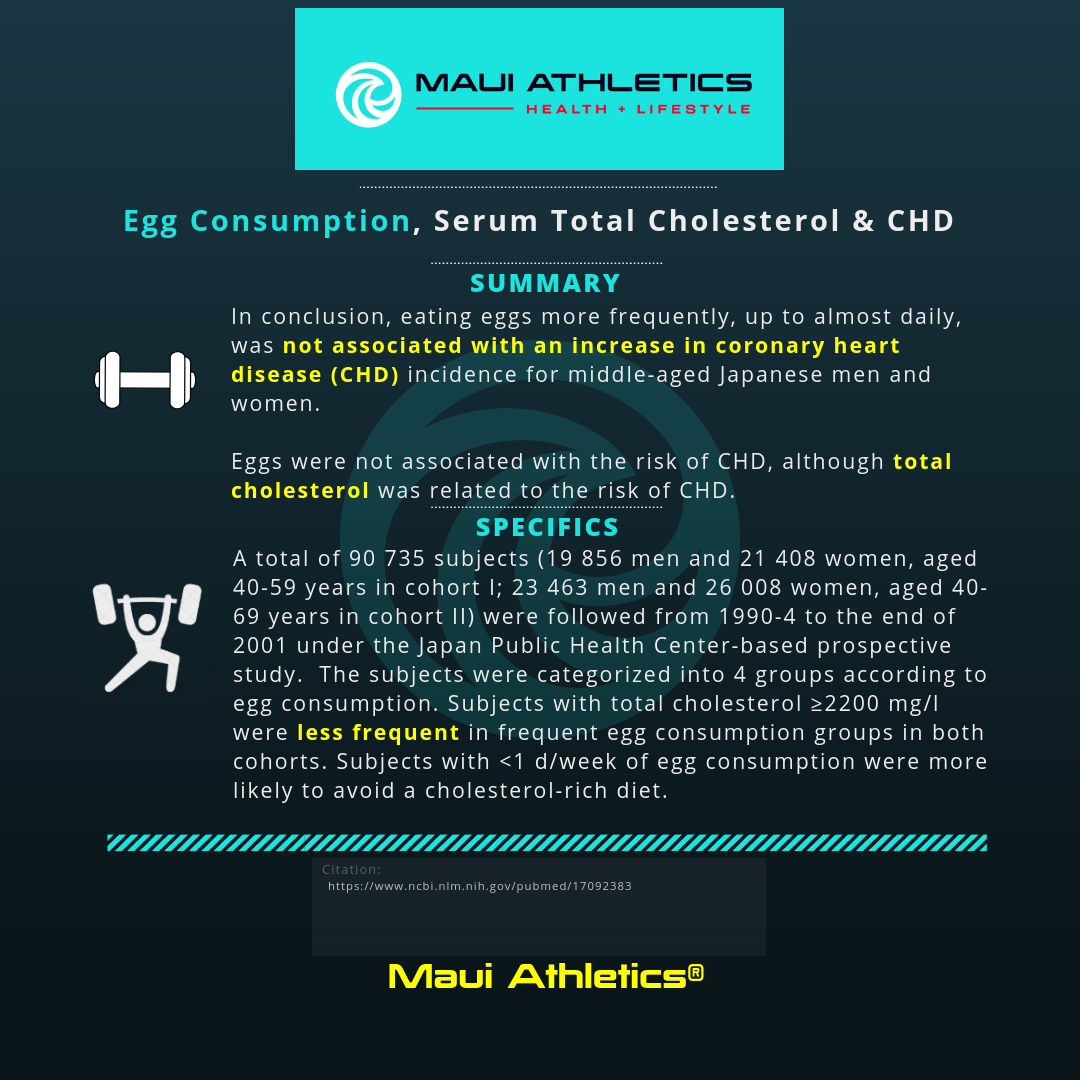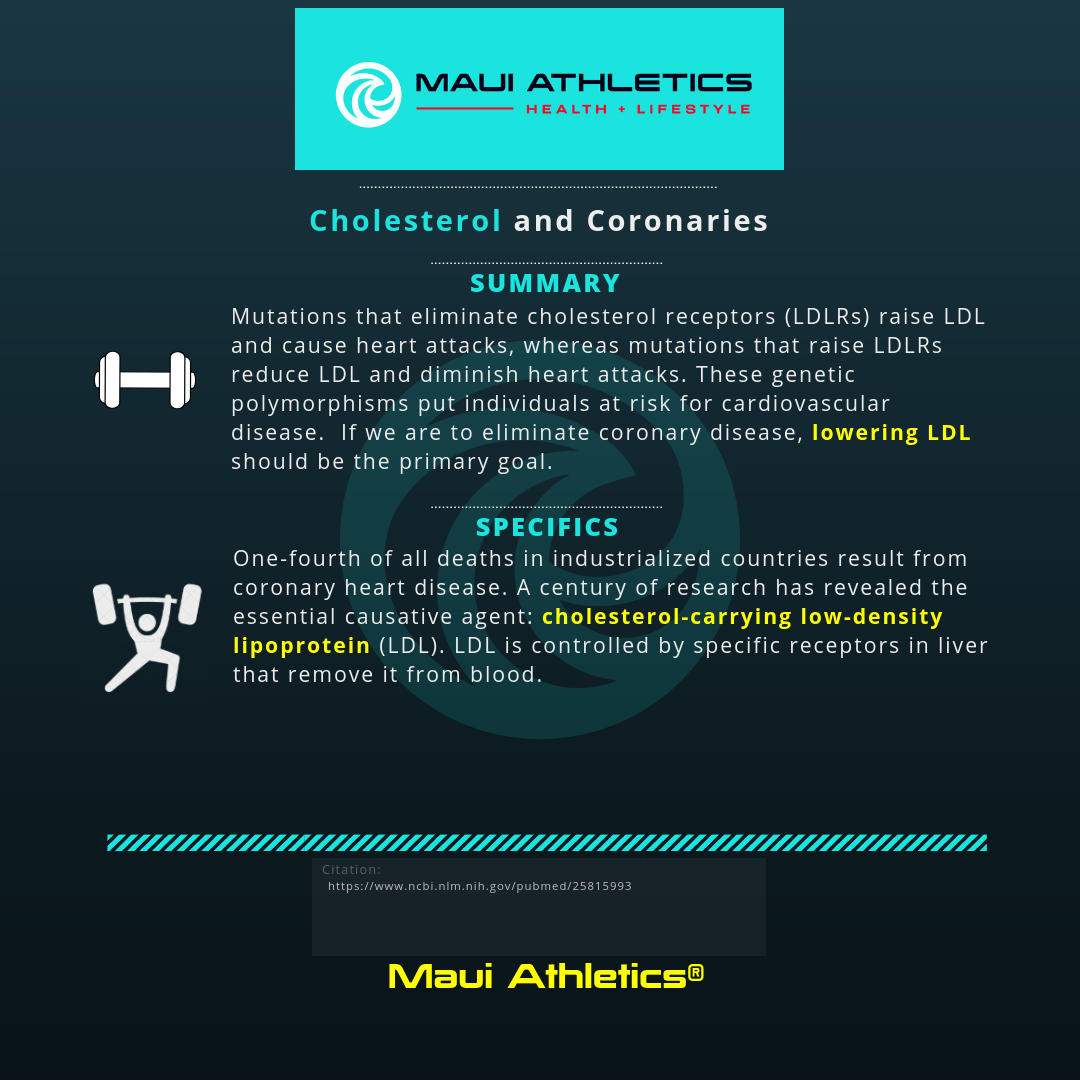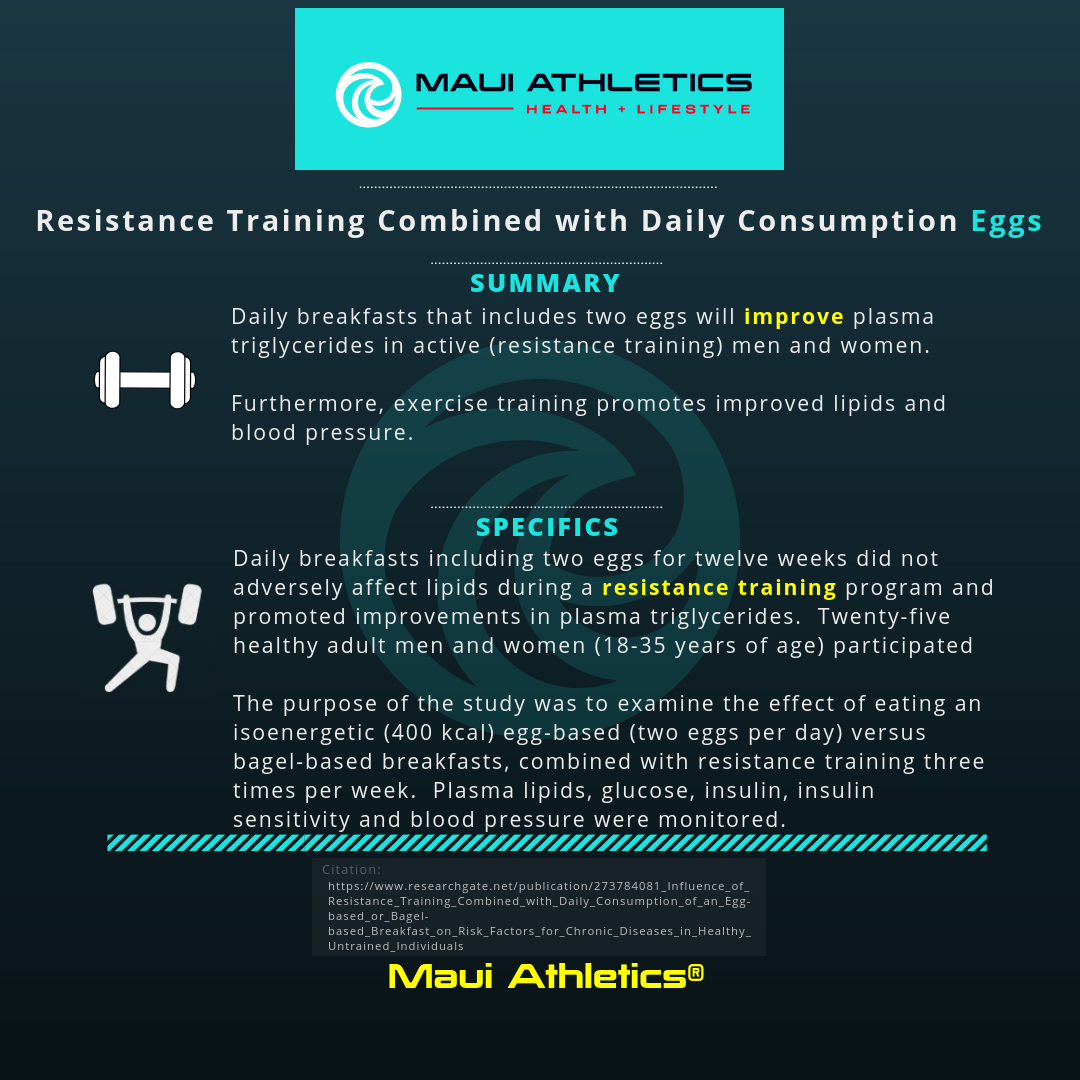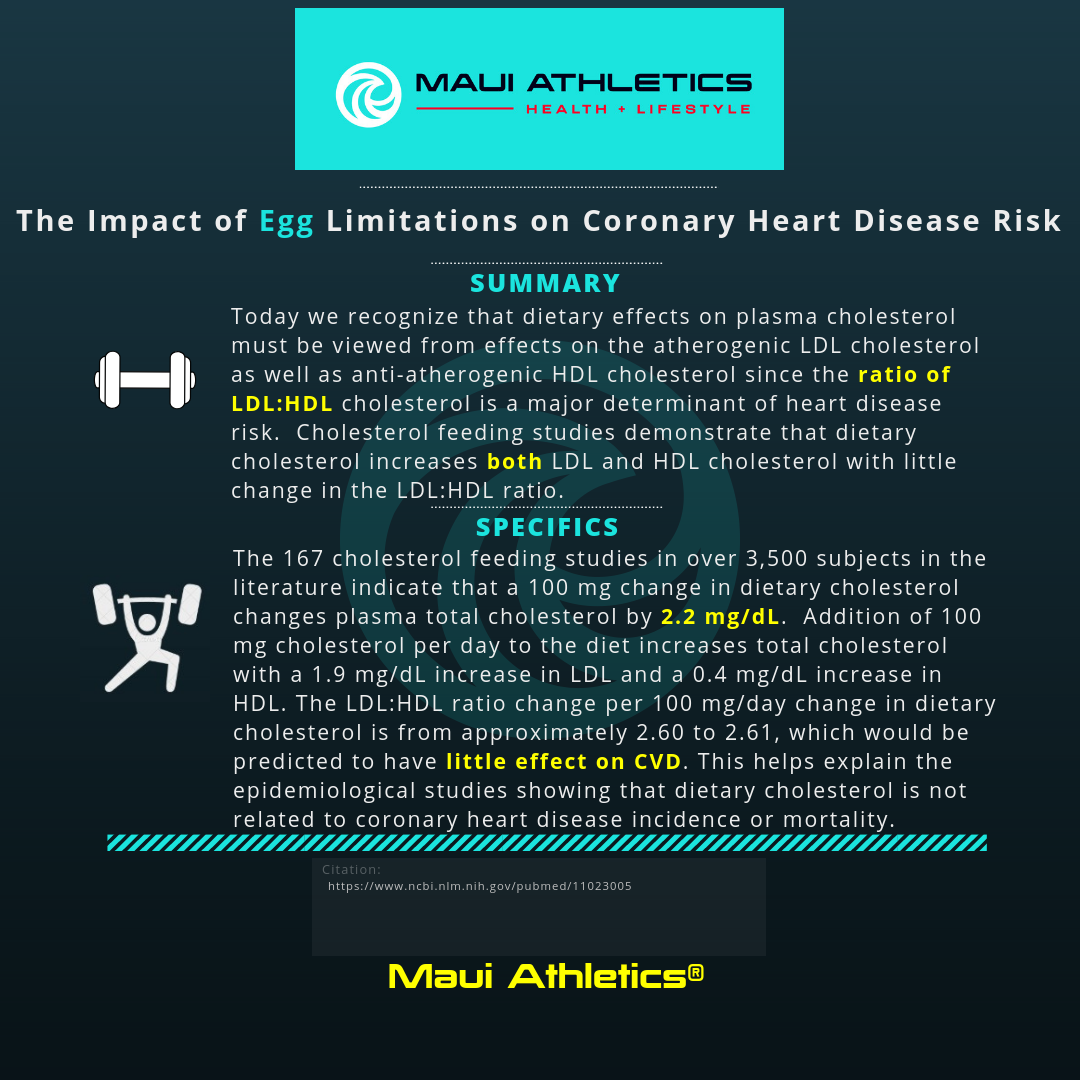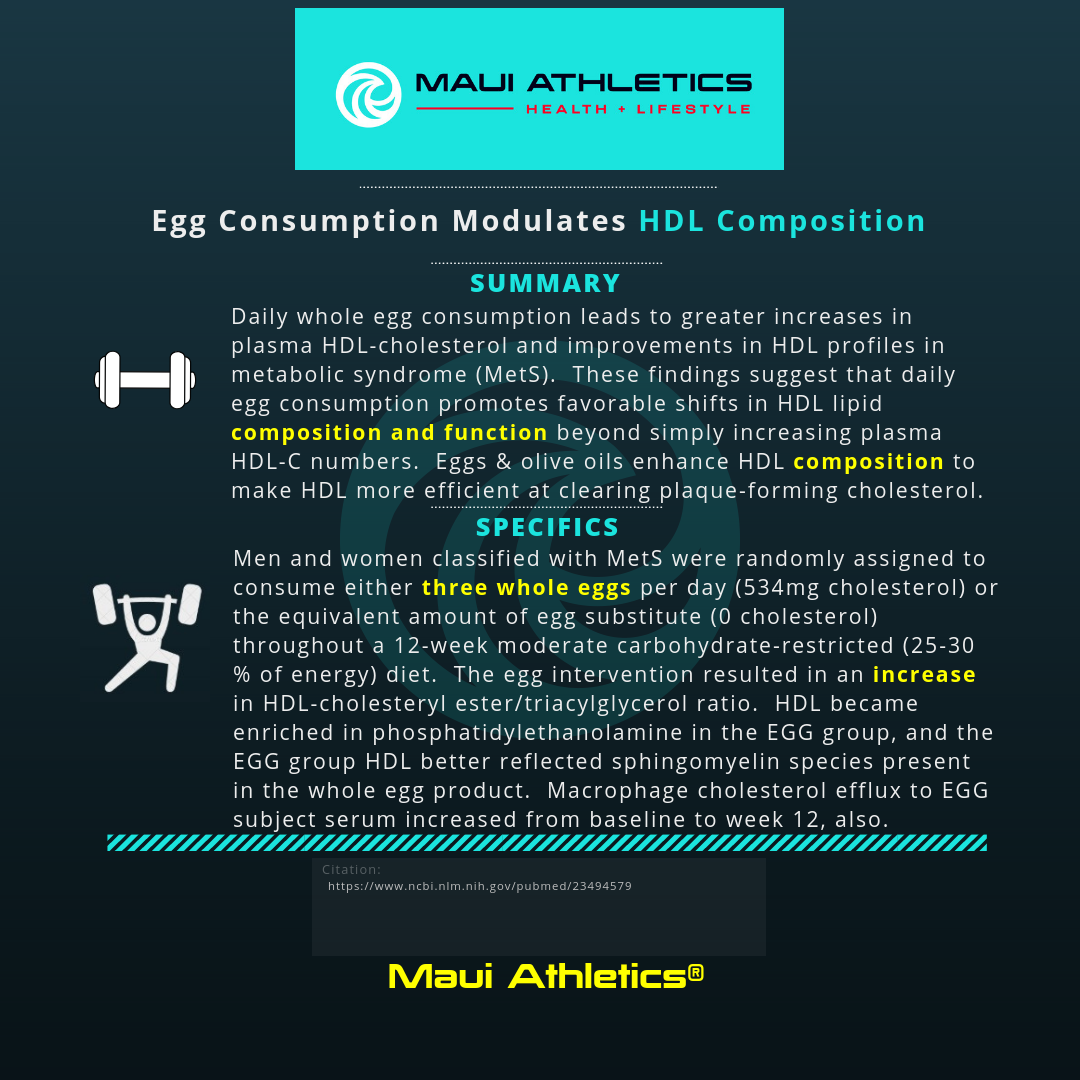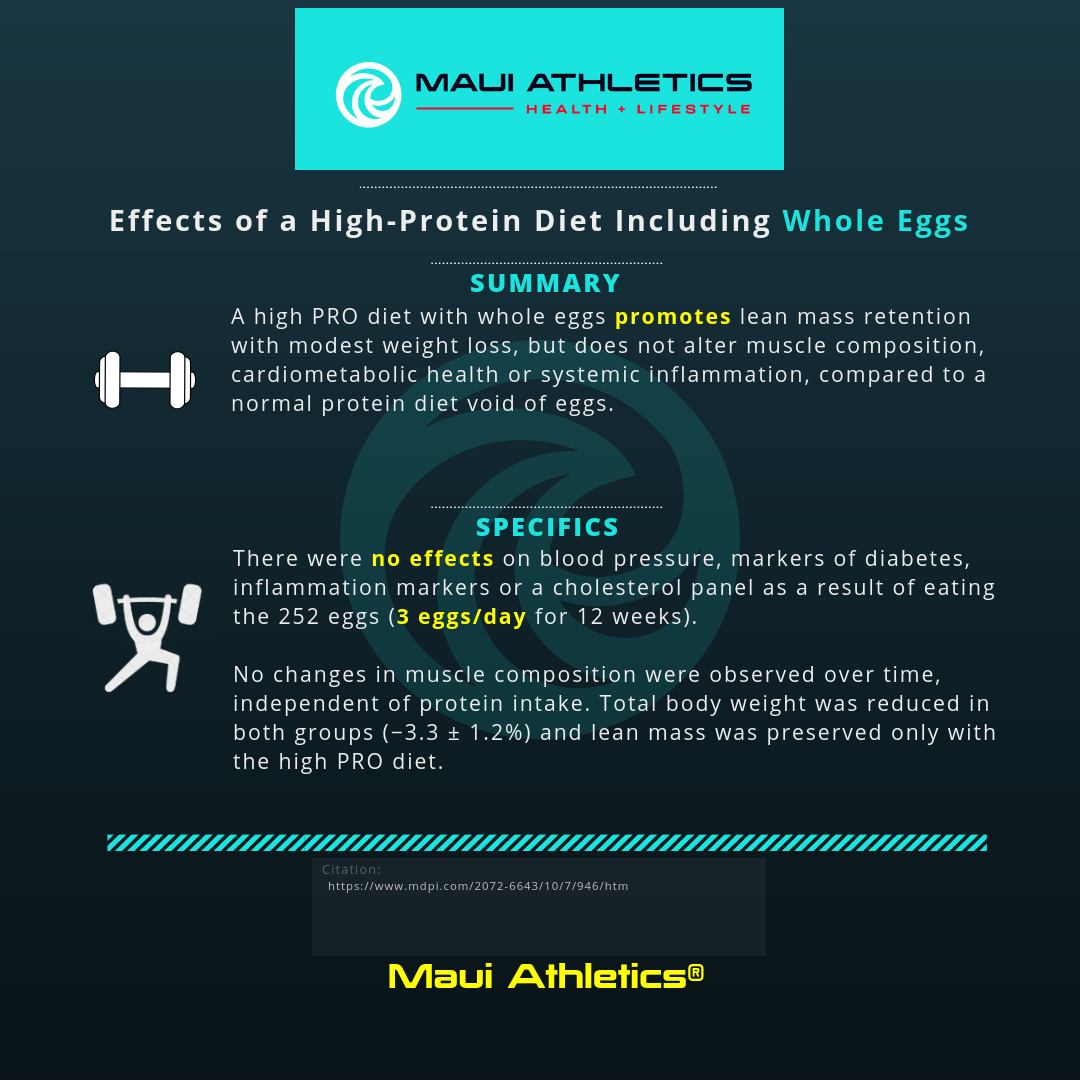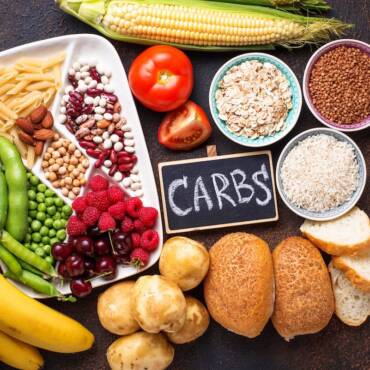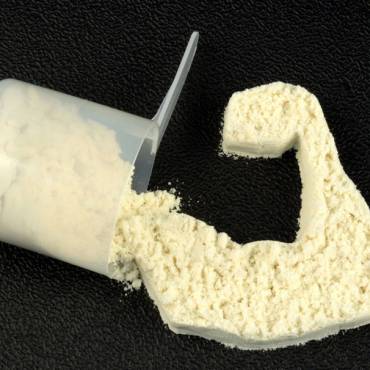Eggs with a side of Cholesterol
Few food items have been as unnecessarily vilified as the common egg. It is one of the best sources of protein and micronutrients in existence (as well as such things as phospholipids, immunoglobulins, phosvitin, sialyloligosaccharides and sialylglycopeptides, yolk lipids/proteins, lipoproteins, fatty acids, carotenoids lutein and zeaxanthin, and cholesterol). In this compilation we will elucidate the true nature of health outcomes from an eggcentric diet according to current research.
Summary
Whole eggs appear to be healthy for the vast majority of the population with no risk of dietary cholesterol from eggs significantly raising serum cholesterol (if anything the opposite, whole eggs can likely positively attenuate serum cholesterol). They are an excellent source of protein that is better absorbed when cooked vs. when raw. Daily egg consumption promotes favorable shifts in HDL lipid composition and function beyond simply increasing plasma HDL-C numbers. Eggs (as well as olive oils) enhance HDL composition to make HDL more efficient at its job of clearing plaque-forming cholesterol, which can help explain part of their cardiovascular benefits.
Whole eggs provide such benefits as: an excellent protein source, improve plasma triglycerides, a reduction of the intestinal absorption of cholesterol (Jiang. 2001), improve memory retention and increase acetylcholine concentrations (a memory-related neurotransmitter) (Masuda. 1998; Favreliere. 2003), improve liver function and cancer prevention (Gutierrez. 1997), antioxidant and antibacterial activities, antihypertensive, immunomodulating, anti-adhesive in the inflammatory process, antitumor, and antiviral activities (Kovacs-Nolan. 2005), can reduce the incidence of dental caries, antibacterial activity, acts as an anti-inflammatory agent, antiviral activity, is used in anti-venoms, and serves as a carrier for anti-cancer drugs (Mine. 2004).
Egg or cholesterol intakes do not appear to be associated with increased coronary artery disease risk in the general population, even in ApoE4 gene carriers. There are certain subsets of the population that should exercise caution with dietary cholesterol intake such as those with familial hypercholesterolemia (Goldstein. 2015) and polymorphisms such as ABCG5 (Herron. 2006) (Abdullah. 2015). For those without these genetic health complications (the large majority of the population) dietary cholesterol intake is likely a non-issue, especially in moderation. It is important to note that cholesterol from eggs tends to have more positive data than dietary cholesterol in general. This may be due to the other beneficial constituents in egg yolks and/or the amount of saturated fat co-ingested with said cholesterol.
In those with type 2 diabetes: “High-quality intervention studies have found non-significant effects of increasing the consumption of eggs on risk markers for CVD and T2D in healthy subjects and subjects with T2D. The risk associations found in the observational studies are more likely to be attributed to a dietary pattern often accompanying high egg intake and/or the cluster of other risk factors in people with high egg consumption. Dietary patterns, physical activity and genetics affect the predisposition of CVD and T2D more than a single food item as eggs.” (Geiker et al. 2018)
There are many misinterpreted reasons why people believe egg yolks contribute to cardiovascular disease (CVD) risk.
- There is no mechanistic link between high risk for CVD and high serum cholesterol.
- In the majority of people, there is no causative link between dietary cholesterol and serum cholesterol.
- Constituents in egg yolks have been shown to have a lipoprotein modulating benefit that lowers CVD risk.
Ultimately, ~2-3 whole eggs per day in your diet will likely not cause any major issues and will be very beneficial for the majority of the population.











